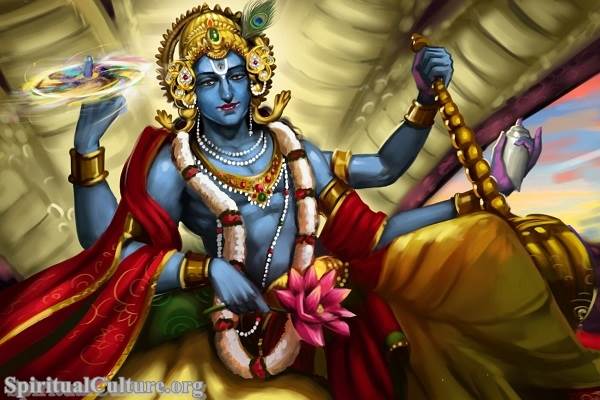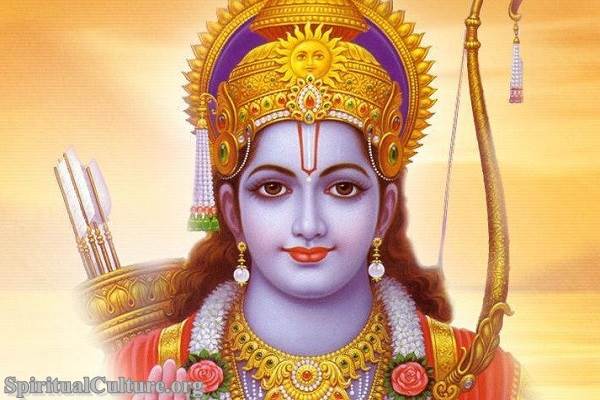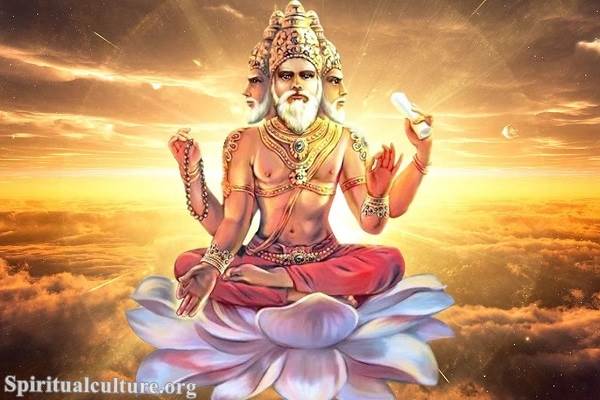The Vishnu god is a symbol of mercy, goodness, and sustenance. He occupies a central position in the Hindu pantheon, being part of the Holy Trinity or Trimurti, along with Lord Brahma, the creator, and Lord Shiva god, the destroyer.
Understanding the role of Lord Vishnu in Hinduism requires a deeper exploration of the religion’s complex mythology and philosophical system. Hinduism, one of the world’s oldest religions, has a rich tapestry of gods and goddesses, each with a unique story and significance. Lord Vishnu, in particular, has a special place in this vast pantheon.

In Hinduism, the universe is believed to go through creation, preservation, and destruction cycles. Lord Vishnu plays a crucial role in maintaining the balance of the universe and ensuring its orderly functioning. His primary task is to preserve and protect dharma, the cosmic law and moral order.
One of the unique aspects of Lord Vishnu is his ten avatars or incarnations, collectively known as Dashavatar. These avatars are believed to be god’s earthly forms, and they are taken to restore dharma when it is threatened by evil and chaos. Some of the most well-known avatars include Lord Rama, Lord Krishna, and Lord Buddha, each having their own epic tales and teachings that continue to influence Hindu philosophy and culture.
Lord Vishnu is often depicted as a four-armed figure holding a conch, discus, lotus, and mace. Each of these objects has symbolic significance. The conch represents the primordial sound of creation, the discus symbolizes the mind, the lotus stands for the unfolding of creation, and the mace signifies the power of knowledge and the punishing capacity of the god.
The Vishnu god is also associated with his celestial abode, Vaikuntha, and his divine consort, Goddess Lakshmi, the deity of wealth and prosperity. The serpent Shesha, on which Vishnu is often shown reclining, symbolizes the cosmic ocean. The imagery of Lord Vishnu is rich with symbolism and metaphysical concepts, reflecting the profound philosophical underpinnings of Hinduism.
The worship of Lord Vishnu is widespread in Hinduism. He is venerated in many forms and is the central figure in Vaishnavism, one of the major traditions within Hinduism. Vaishnavites, or followers of Vaishnavism, consider Vishnu the Supreme Being and dedicate their lives to his worship and the practice of his teachings.
Festivals such as Janmashtami (celebrating the birth of Lord Krishna) and Rama Navami (celebrating the birth of Lord Rama) are significant events in the Hindu calendar, where devotees engage in prayers, fasting, and processions.
In conclusion, Lord Vishnu, the Hindu god, embodies aspects of life that are sustaining and preserving. His teachings and stories have profoundly impacted Hindu beliefs, rituals, and ethical systems. The reverence for Lord Vishnu in Hinduism underscores the religion’s emphasis on the preservation of cosmic and moral order and the divine’s continuous involvement in the world. As a preserver, his role does not merely involve maintaining the status quo but also includes active engagement in the world’s welfare, echoing the dynamic nature of Hinduism itself.


